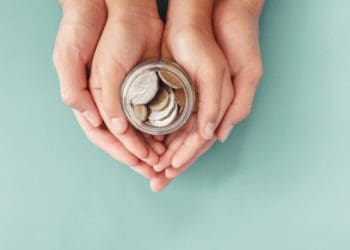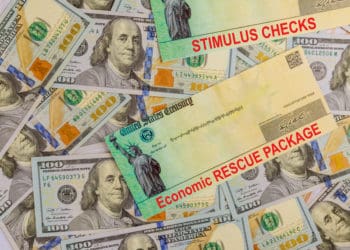If you are the owner of a small business, then you might be wondering about whether you’re eligible for one of those payments that many individuals are getting to jump-start the economy as a result of the coronavirus. The answer is that your ownership of a small business is beside the point. Essentially, what qualifies or disqualifies you from getting a check is the amount of your earnings that you reported to the IRS for 2019, or 2018 if you haven’t yet filed for 2019. If, as an individual, you made more from your business (or other sources) than $99,000, you are not eligible for a check.
This might come as bad news to you, especially if your business is now in danger of failing. However, there is another program of which you may be able to take advantage.
The Paycheck Protection Program
The Paycheck Protection Program, or PPP, is a loan program that is being put forth by the federal government to help small businesses from the potentially devastating effects of the pandemic. This is a loan to help you cover your payroll costs during this time of economic hardship.
To qualify, your company needs to have fewer than 500 employees. It must have been operating by or before February 15th, 2020. You also have to establish that the coronavirus has adversely affected your profit margin. For most businesses at the moment, that’s not a high bar to cover.
How Much Money Can You Get?
These loans can be up to $10 million, but you can request any amount under that which is based on your payroll costs. You are eligible for a loan of up to 2.5 times your average monthly payroll costs, which you can calculate by going back and looking at the last 12 months you were in business.
Will the Debt Be Completely Forgiven?
If you use the money that you received for utilities, fixed-debt obligations, your rent, mortgage, or payroll, then you will owe nothing if you spend it within the first eight weeks of your having received it. If your full-time employees are reduced during those eight weeks, then the amount of the loan which is eligible to be forgiven will be reduced as well. The same is true if your payroll costs are reduced by 25% or more.
Even if either of those things happens, then the funds which are left will convert to a two-year loan that is capped at a rate of 4%. Probably, the actual rate will be even lower than that.
This is a historic program for small business owners. You may not be pleased to hear that you won’t be eligible for the stimulus check if you made more than $99,000 last year through your small business, but signing up for this program might make up for it. After all, presumably, your salary is part of your payroll. That means that some of this money can legally go to you, while the rest goes to keeping your business afloat.






